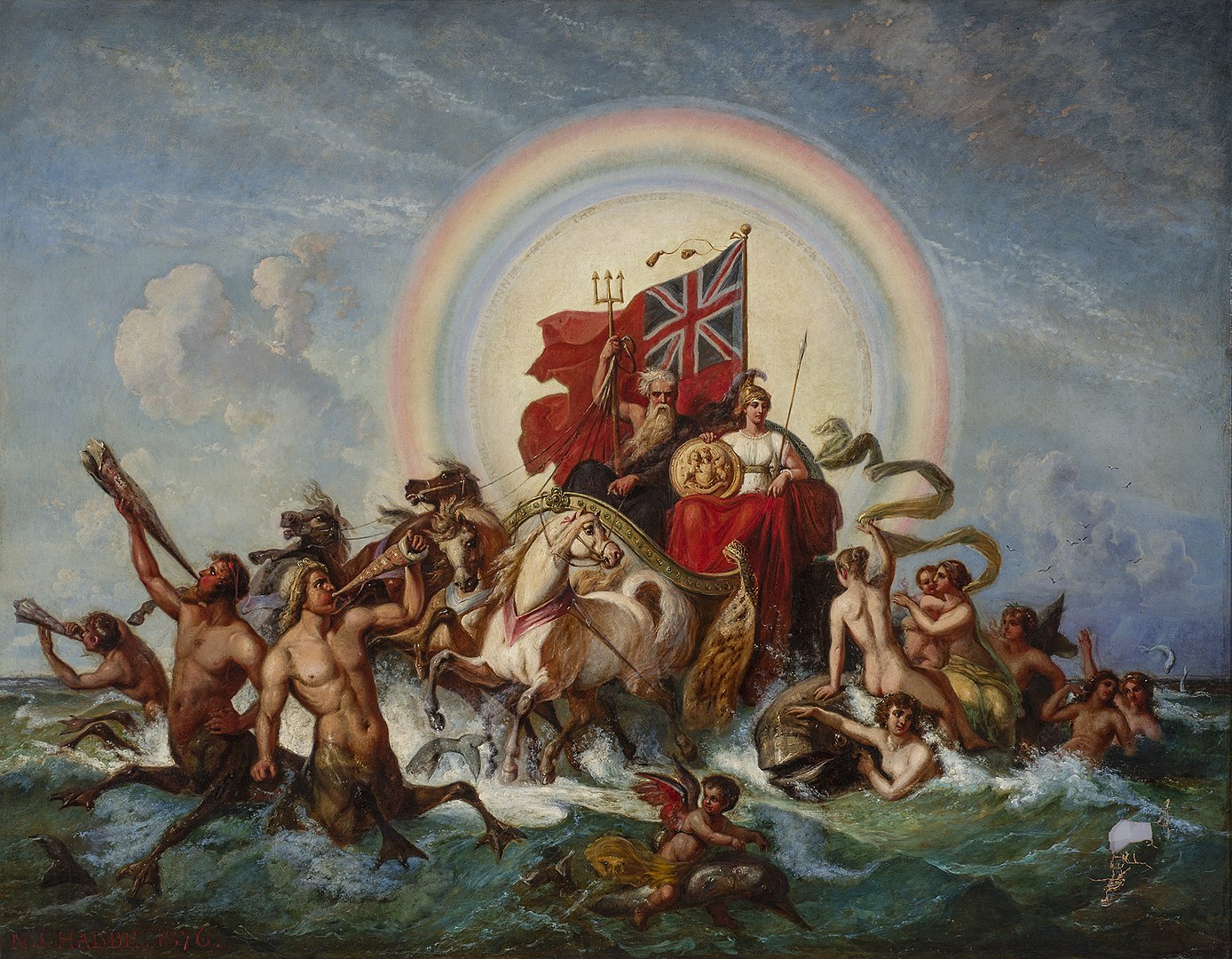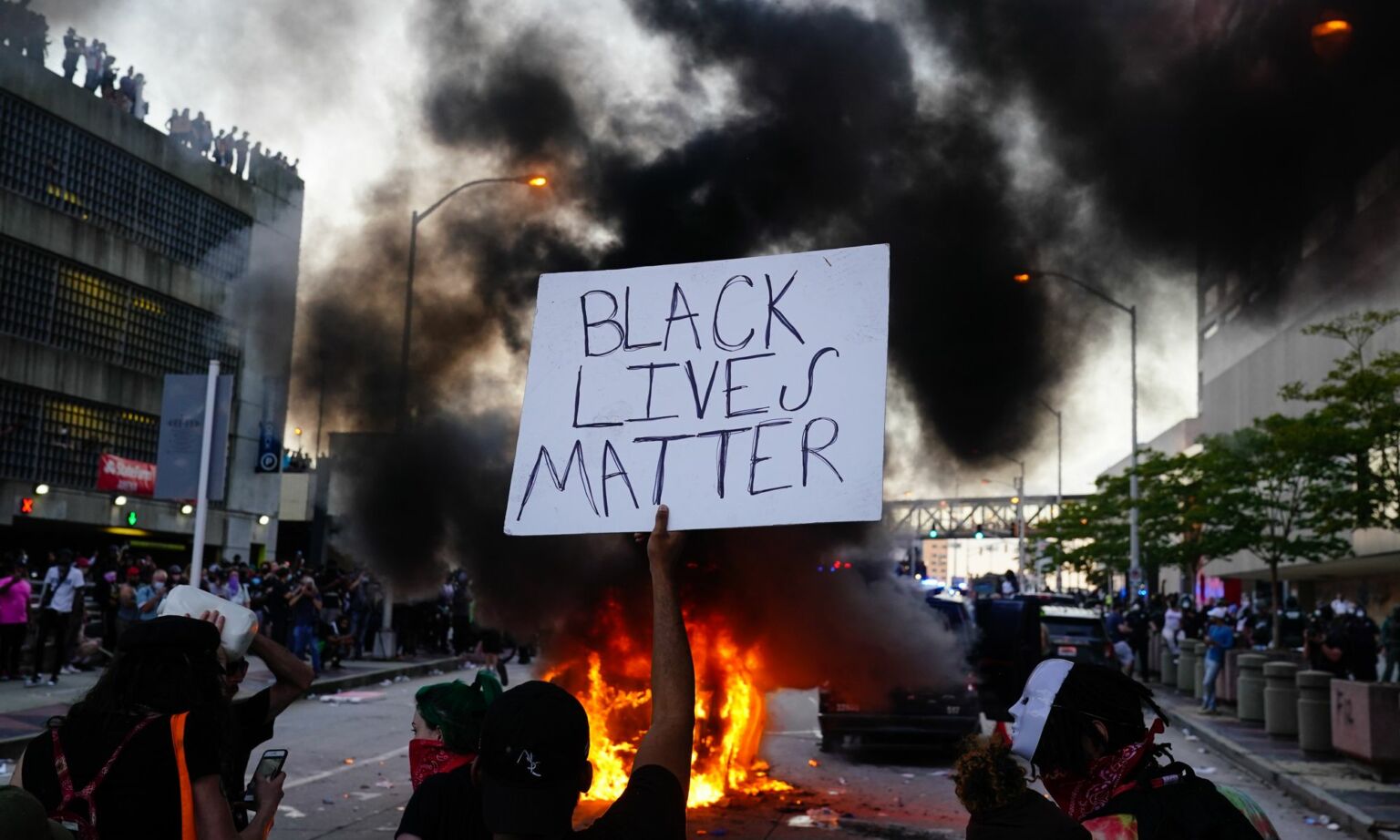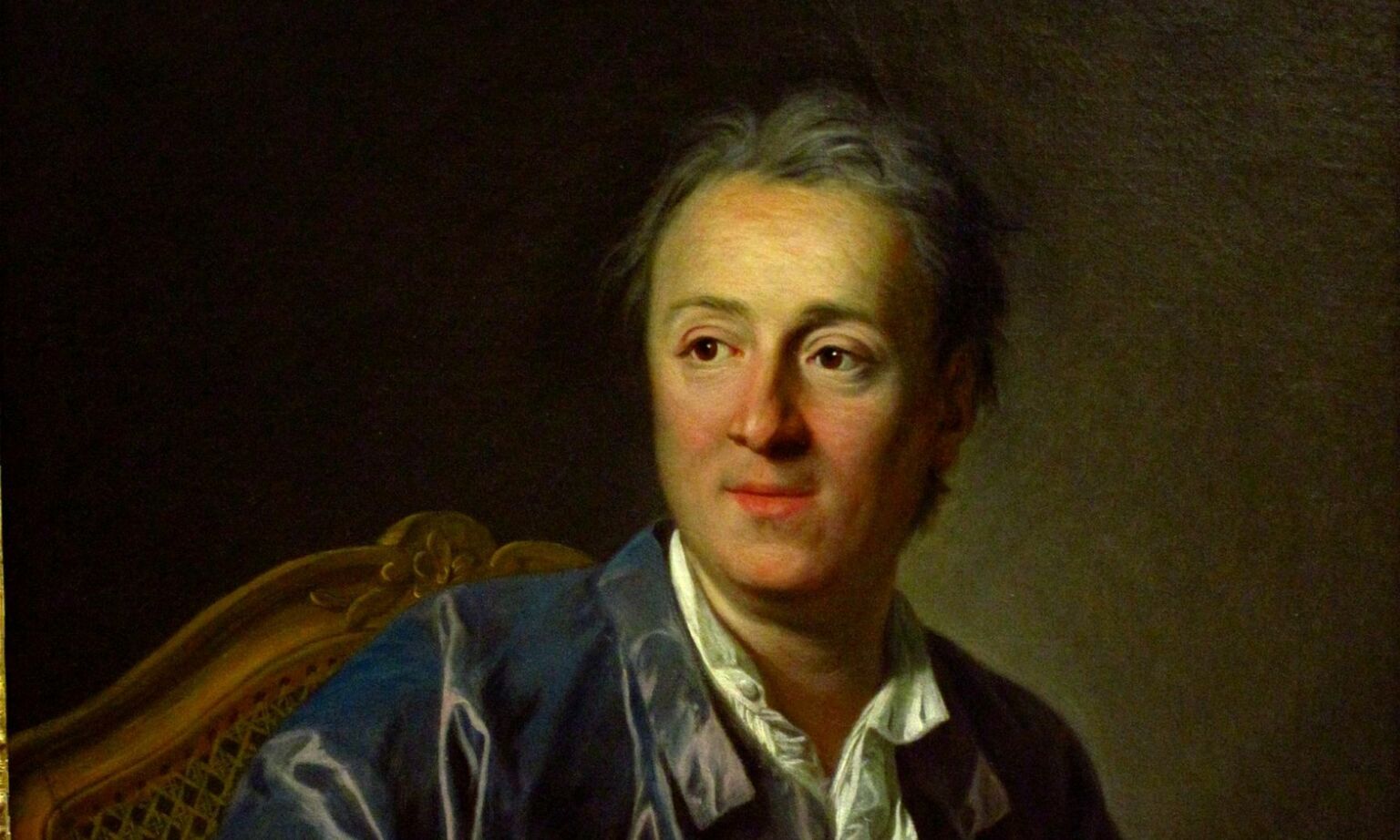
Long-read
The woke war on the Enlightenment
Thinkers like Kant, Diderot and Rousseau have been unjustly smeared as apologists for empire.
Want to read spiked ad-free? Become a spiked supporter.
This is an extract from Susan Neiman’s new book, Left Is Not Woke, published by Polity.
Too many who lean left today claim that the Enlightenment was the ideology of colonialism. Some academics, for instance, have claimed that it was a racist, colonial endeavour from the outset. That the Enlightenment needs to be ‘decolonised’. One piece in Harvard Magazine is even entitled ‘How the Enlightenment led to colonialism’.
Do those who make this claim imagine there was no colonialism before the Enlightenment? Presumably not, but it’s important to understand how something so false could come to seem true. (Raise a glass to the virtue of trying to understand those you disagree with.)
Let’s start with the fact that empires were not invented by the modern European nations whose advanced ships and guns were more effective in maintaining them than forced marches and pikes. Stronger nations have colonised weaker ones since the beginning of recorded history; indeed, before there were nations in our modern sense at all. Greeks and Romans built empires, as did the Chinese, the Assyrians, the Aztecs, the Malians, the Khmer and the Mughals. Those empires operated with varying degrees of brutality and repression, but all of them were based on an equation of might and right, which amounts to no concept of right at all. All of them used their power to compel weaker groups to surrender resources, submit tribute, press soldiers into service for further imperial wars, and accept commands that overrode local custom and law. As far as we know, there was one thing they lacked: a guilty conscience.
Emperors who were particularly cruel might be criticised, though brutal practices in colonised lands were rarely attacked by those in the home states. Objections to Nero or Caesar usually focussed on their crimes against Romans. The 16th-century Dominican friar, Bartolomeo de las Casas, was an early exception. His Short Account of the Destruction of the Indies denounced the atrocities that the Spanish conquest visited on indigenous peoples. But Las Casas argued for a kinder, gentler form of colonisation, which included substituting African for South American slave labour. He never questioned the imperial project as a whole.
The Enlightenment did, however. Here is Kant’s stinging attack on colonialism:
‘Compare the inhospitable actions of the civilised and especially of the commercial states of our part of the world. The injustice they show to lands and peoples they visit (which is equivalent to conquering them) is carried by them to terrifying lengths. America, the lands inhabited by the Negro, the Spice Islands, the Cape, etc, were at the time of their discovery considered by these civilised intruders as lands without owners, for they counted the inhabitants as nothing… [they] oppress the natives, excite widespread wars among the various states, spread famine, rebellion, perfidy, and the whole litany of evils which afflict mankind. China and Japan, who have had experience with such guests, have wisely refused them entry.’ (1)
Though he was hardly a graceful writer, Kant was usually careful with words. He rarely used the word ‘evil’. Yet here, he is crystal clear: colonialism creates every kind of evil that affects humankind. And while he praises the wisdom of China and Japan in closing their doors to European invaders, his critique of colonialism is not confined to the conquest of ancient, sophisticated cultures. At a time when nascent colonial powers justified their seizure of indigenous territories in Africa and the Americas by claiming those lands were unoccupied, or their peoples uncivilised, Kant decried the injustice that ‘counted the inhabitants as nothing’.
Diderot went even further, arguing that indigenous peoples threatened by European colonisers would have reason, justice and humanity on their side if they simply killed the invaders like the wild beasts those intruders resembled. The Hottentots, he urged, should not be fooled by the false promises of the Dutch East Indian Company which had recently founded Cape Town.
‘Fly, Hottentots, fly!… Take up your axes, bend your bows, and send a shower of poisoned darts against these strangers. May there not be one of them remaining to convey to his country the news of their disaster.’ (2)
Update the weaponry and you would be forgiven for thinking you’d come upon a quote from Frantz Fanon. Nor is this passage unusual: Diderot, the 18th-century philosopher, called for anti-colonialist violence at least as often, and often more dramatically, than Fanon, the 20th-century psychiatrist.

Enlightenment critics of empire didn’t simply point out its cruelty. They also deconstructed the theories that sought to justify the theft of indigenous lands and resources. The most important of those theories was John Locke’s labour theory of property, which was used to argue that nomadic peoples had no claim to the lands on which they hunted and gathered. According to Locke, people only acquire property through agriculture, mixing their labour with the land they work and thereby obtaining ownership. Kant disagreed:
‘If those people are shepherds or hunters (like the Hottentots, the Tungusi, or most of the American Indian nations) who depend for their sustenance on vast open stretches of land, (foreign) settlement may not take place by force but only by contract, and indeed by contract that does not take advantage of the ignorance of those inhabitants with respect to ceding their lands.’ (3)
Here Kant not only undercut Locke’s theory of property, but also called out the shameless exploitation of peoples who, having no concept of private property in land, might cede the island of Manhattan for a handful of beads. Later critics dismissed this argument against settler colonialism as proof that Kant was unable to judge cultural or historical matters, since ‘primitive peoples’ lacked concepts of rights and were thus incapable of entering into treaties.
If the best of Enlightenment thinkers denounced the vast theft of lands that made up European empires, what did they make of the vast theft of peoples? Most were unequivocal in condemning slavery. Kant’s categorical imperative, which expresses the basic moral law, states that people should never be treated as means. This rules out slavery and other forms of oppression. These thinkers also lambasted European complicity in maintaining slavery, even by those who were not themselves slaveholders.
Voltaire’s Candide portrays an African in Surinam whose leg was cut off after his attempt to escape from slavery. ‘That’s the price of your eating sugar in Europe’, says the enslaved man. Diderot, going further, thought the enslavers would not be moved by pity or moral reasoning, and concluded that enslaved Africans must liberate themselves by violence. His prediction that ‘a great man, a Black Spartacus’ would eventually arise to lead this liberation inspired Toussaint L’Ouverture. In the later 18th century, Ouverture led the slave revolt in the French colony of Saint Domingue, now known as Haiti, and he did so in the name of Enlightenment ideals.
Kant also took aim at religious claims invented to justify racialised slavery. Long before the American Confederacy, it was argued that black people were descended from Ham, that son of Noah cursed for uncovering his father’s nakedness. Against such dubious theology, Kant used reason:
‘Some people imagine that Ham is the father of the Moors and that God made him as a punishment which now all his descendants have inherited. However, one can provide no proof as to why the colour black should be the mark of a curse in a more fitting fashion than the colour white.’ (4)
Curiously enough, this passage was included in a recent volume of writings collected to reveal Enlightenment racism. The editor seems not to have noticed that Kant demolished an argument that white-supremacist Christians support to this day.
Like progressive intellectuals everywhere, radical Enlightenment thinkers were only partially successful. While they changed the thinking of their contemporaries on many questions, they did not stop the great European rush for empire that gathered full force in the 19th century. This strand of thought critical of colonialism and empire went out of favour as the new century continued, and even liberal thinkers like John Stuart Mill championed moderate versions of imperialism.

Yet if Enlightenment thinkers did not stop colonialism, they succeeded in giving it a bad conscience. As Jean- Paul Sartre wrote: ‘A few years ago, a bourgeois colonialist commentator found only this to say in defence of the West: “We aren’t angels. But we, at least, feel some remorse.” What a confession!’ (5)
The Romans felt no remorse or need to justify their empire. Nor did they tell their subjects that being colonised was good for them. In addition to better ships and weapons, 19th-century colonisers had something earlier imperialists lacked: a need for legitimacy. The 19th-century Indian nationalist Aurobindo Ghose put the matter thus:
‘The idea that despotism of any kind was an offence against humanity had crystallised into an instinctive feeling… Imperialism had to justify itself to this modern sentiment and could only do so by pretending to be a trustee of liberty, commissioned from on high to civilise the uncivilised.‘
This, sadly, must be the source of the legend that the Enlightenment sanctioned colonialism. Enlightenment thinkers blasted colonialism and argued that justice was on the side of those non-European nations who killed or closed their doors to would-be invaders. Half a century later, when faced with a powerful critique in the name of ideals they wanted for themselves, European imperialists sought ways to uphold ideals of liberty and self-determination at home, while continuing to violate them abroad. Their solution was to claim they were bringing those ideals to those unable to realise them on their own. Empire, they argued, was a burden undertaken for the sake of the natives. Apparently, far from being in tension with the goods they cherished for their own folk – an end to famine and sickness and inequality before the law – all the colonialists sought to do was to bring those goods, plus Christianity, to benighted peoples who hadn’t yet discovered them. Rousseau and Diderot and Kant would have seen through the scam – and would have wept to watch their own ideals turned into ideology. But the plunder was tempting, and its critics were dead.
Admittedly, there are scattered offensive remarks about blacks and Jews in the texts of even the greatest Enlightenment authors. But Enlightenment thinkers were men of their time; most who left us records were men, and sexist men at that. They were educated by men of earlier times, and their struggle to free themselves of prejudice and preconception could never be final.
Kant may never have noticed the contradictions between his occasional racist comments and his systematic theory. But it’s fatal to forget that thinkers like Rousseau, Diderot and Kant were not only the first to condemn colonialism. They also laid the theoretical foundation for the universalism upon which all struggles against racism must stand. I like to think their belief in the possibility of progress would have led them to cheer our steps forward to insights they didn’t attain. They were champions of reason, after all, and anything else would be inconsistent.
Susan Neiman is a philosopher, writer and director of the Einstein Forum in Potsdam, Germany. Her latest book, Left Is Not Woke, is published by Polity Press.
(1) Toward Perpetual Peace, ‘The law of world citizenship is to be united to conditions of universal hospitality’, by Immanuel Kant.
(2) Cited in Enlightenment Against Empire, by Denis Diderot in Sankar Muthu, (Princeton University Press, 2003).
(3) The Metaphysics of Morals, by Immanuel Kant (Cambridge University Press, 2017).
(4) Cited in Race and the Enlightenment: A Reader, edited by Emmanuel Chukwudi Eze, (Blackwell, 1997).
(5) ‘Introduction to Frantz Fanon’, by Jean-Paul Sartre, included in The Wretched of the Earth, by Frantz Fanon (Grove Press, 2005).
(6) Cited in From the Ruins of Empire: The Revolt Against the West and the Remaking of Asia, by P Mishra, (Penguin, 2013).
Main picture by: Nicolai Frederik Habbe.
In-article pictures by: Getty and Louis-Michel van Loo.
Who funds spiked? You do
We are funded by you. And in this era of cancel culture and advertiser boycotts, we rely on your donations more than ever. Seventy per cent of our revenue comes from our readers’ donations – the vast majority giving just £5 per month. If you make a regular donation – of £5 a month or £50 a year – you can become a and enjoy:
–Ad-free reading
–Exclusive events
–Access to our comments section
It’s the best way to keep spiked going – and growing. Thank you!







Comments
Want to join the conversation?
Only spiked supporters and patrons, who donate regularly to us, can comment on our articles.